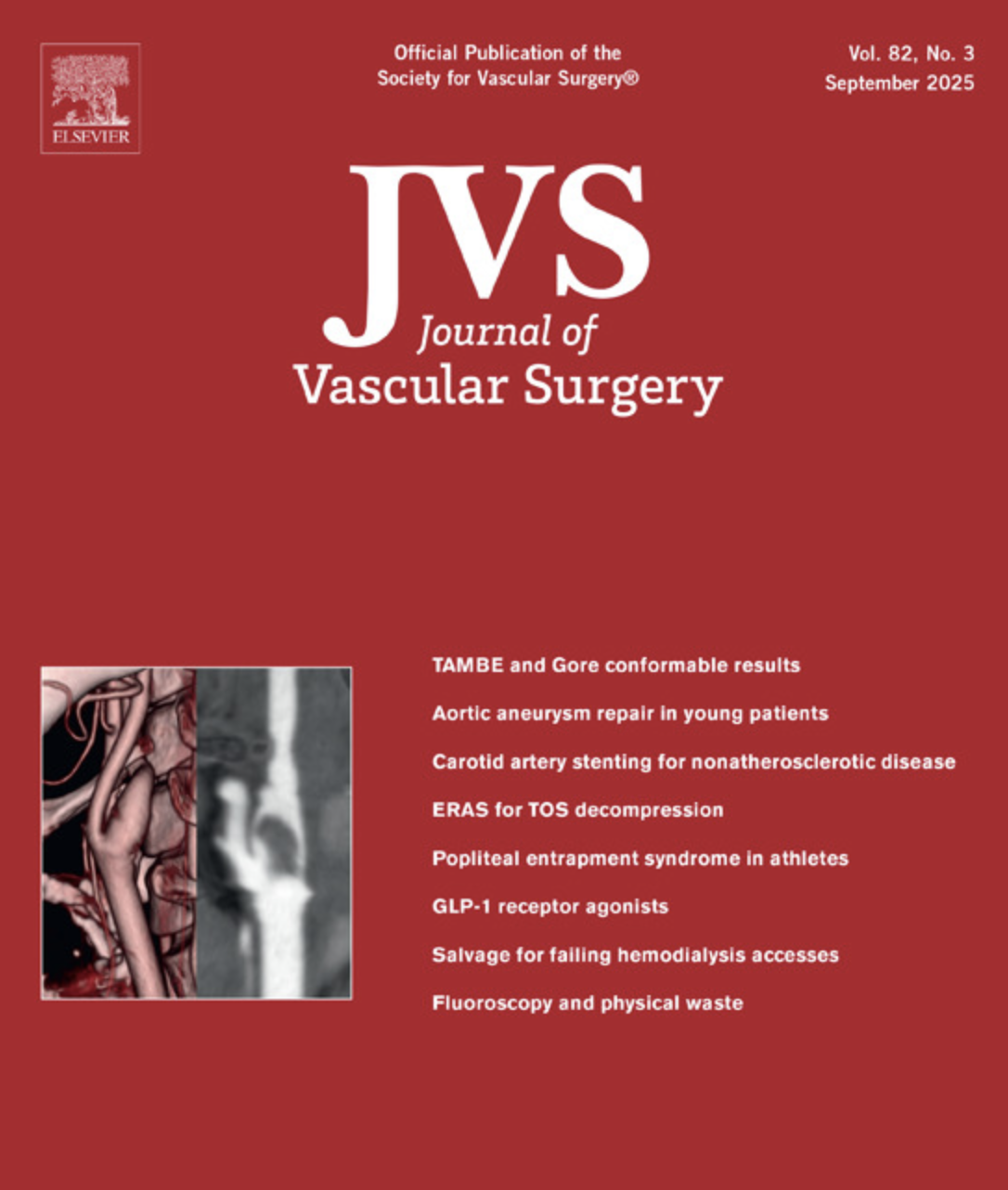Cardiothoracic and Vascular Surgeons (CTVS) is proud to celebrate major practice milestones in vascular surgery, from published research to first-in-nation procedures that advance patient care and stroke prevention.
Six vascular surgeons from CTVS co-authored a new study published in the Journal of Vascular Surgery, analyzing outcomes for patients undergoing TransCarotid Artery Revascularization (TCAR). The study highlights TCAR as a safer and effective alternative to traditional carotid endarterectomy for treating carotid artery disease, a major cause of stroke, particularly in patients at higher risk for complications.
In addition, vascular surgeon Dr. Bradley Boone was the first in the nation to use a newly FDA-approved carotid artery stent with the TCAR procedure outside of clinical trials at Heart Hospital of Austin at St. David’s Round Rock.
What Is TCAR?
TransCarotid Artery Revascularization, or TCAR, is a minimally invasive procedure that combines surgical and stenting techniques to safely open blocked carotid arteries. During TCAR, a small incision is made near the collarbone to access the carotid artery. A stent is then placed to restore blood flow, while a dynamic flow reversal system temporarily redirects blood away from the brain, reducing the risk of stroke during the procedure.
Understanding Carotid Artery Disease
Carotid artery disease occurs when fatty deposits, or plaque, build up in the arteries that supply blood to the brain. This narrowing increases the risk of stroke, which can cause sudden weakness, numbness, or difficulty speaking.
Diagnosing Carotid Artery Disease and Who Is at Risk
Carotid artery disease is often diagnosed through a combination of physical exams and imaging tests. Your vascular surgeon may listen for abnormal sounds in the neck called bruits, order an ultrasound to check blood flow, or use advanced imaging like CT or MRI angiography to evaluate plaque buildup.
Certain factors increase the risk of developing carotid artery disease, including:
- age over 50
- high blood pressure
- high cholesterol
- diabetes
- smoking
- family history of vascular disease
Patients who have experienced a mini-stroke (TIA) or stroke are also at higher risk and should be evaluated promptly.
Consult a CTVS Vascular Surgeon
Thanks to our involvement in cutting-edge research and clinical expertise, CTVS vascular surgeons are uniquely equipped to provide the most advanced surgical care for carotid artery disease.
For questions about our vascular, cardiac, or thoracic services, please visit ctvstexas.com or call us at (512) 459-8753 to schedule an appointment.
Don’t forget to follow us on Facebook and Instagram and check our blog for regular updates.

